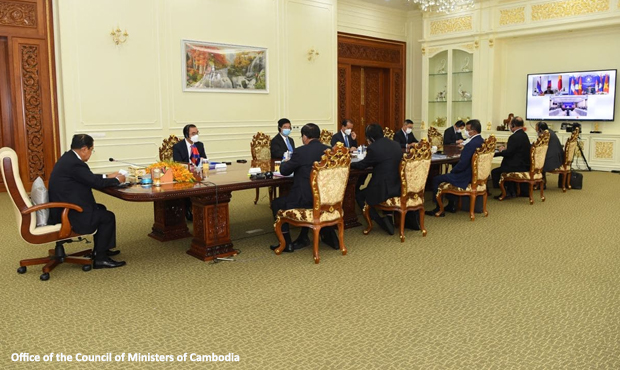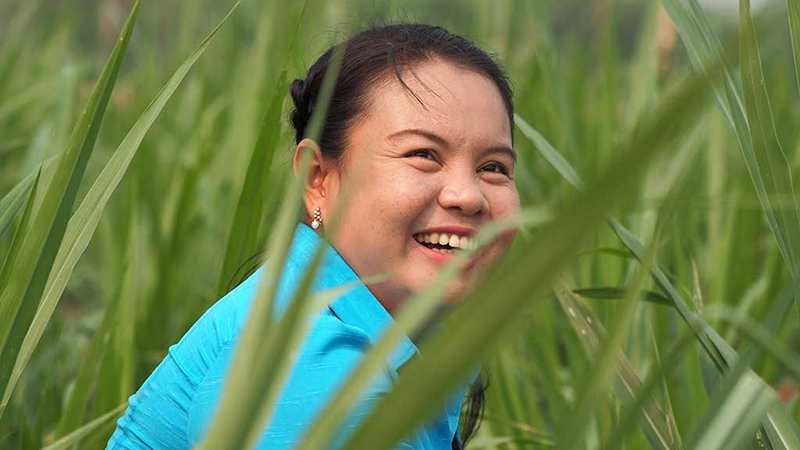Lao PDR, Guangxi Zhuang Autonomous Region, PRC, Discuss Further Strengthening Ties in Agriculture, Tourism
Lao PDR Prime Minister Sonexay Siphandone, in his meeting with the Chairman of the Guangxi Zhuang Autonomous Region (GZAR), People's Republic of China (PRC), Mr. Lan Tianli, expressed hopes of enhancing their relationship further.









